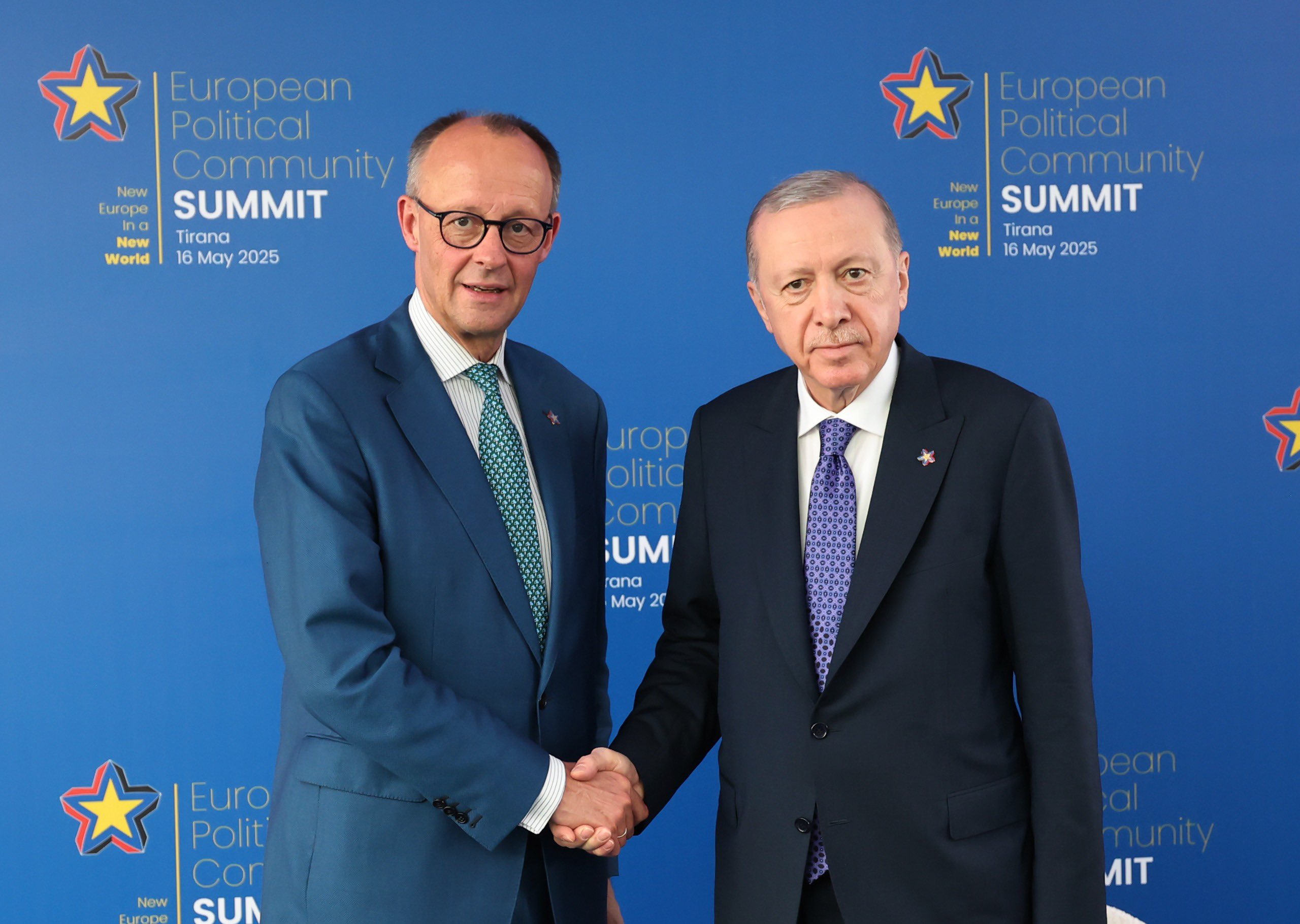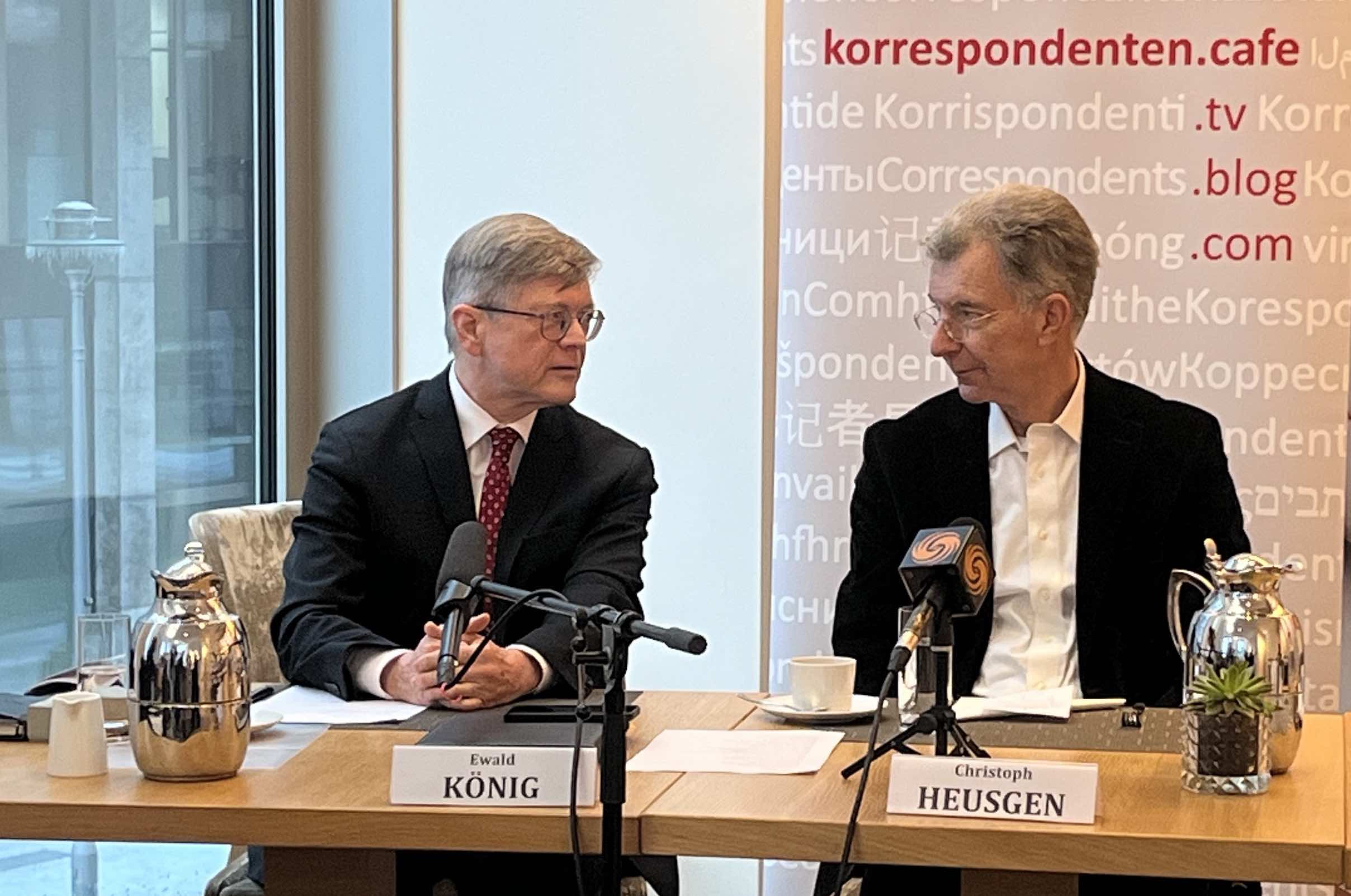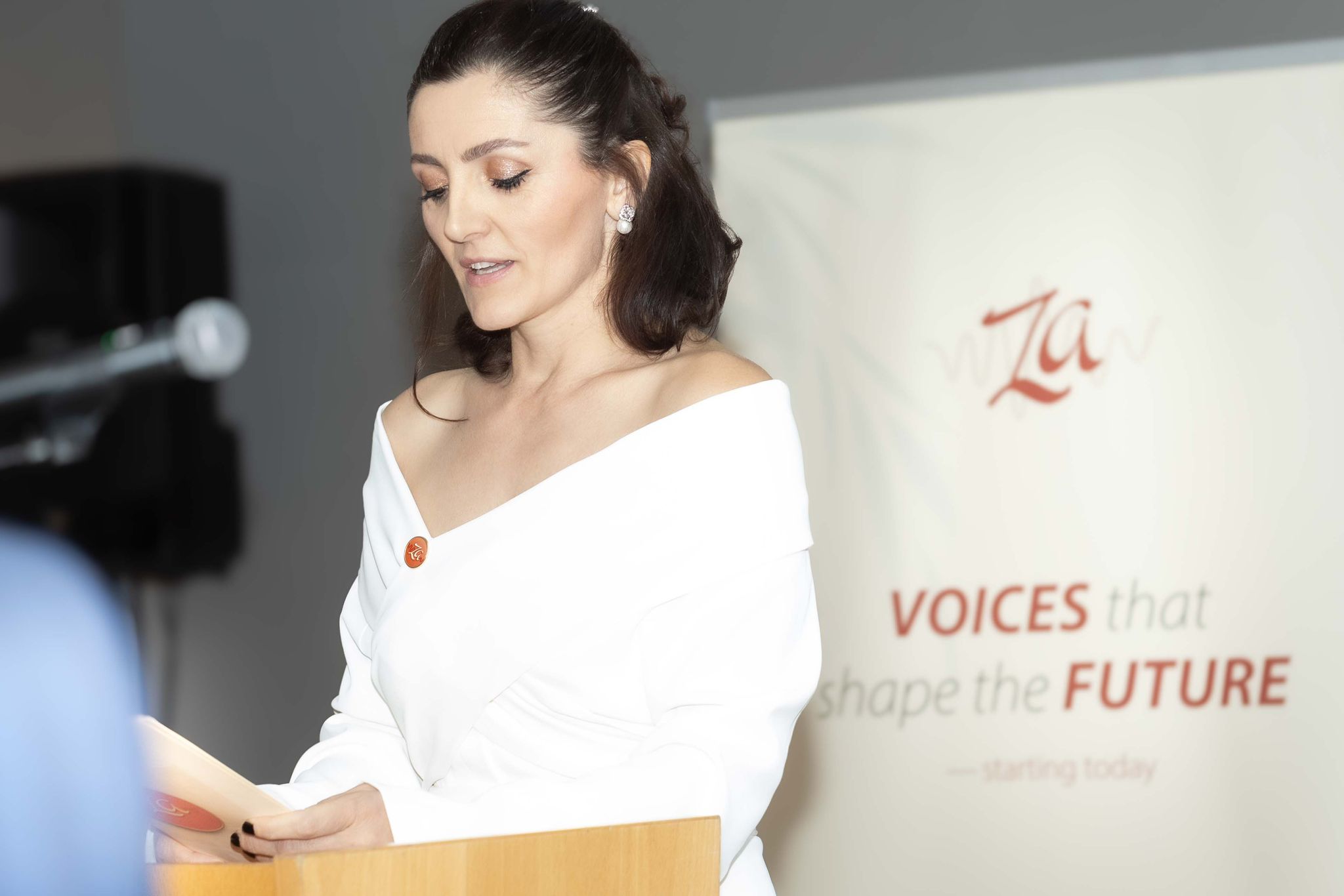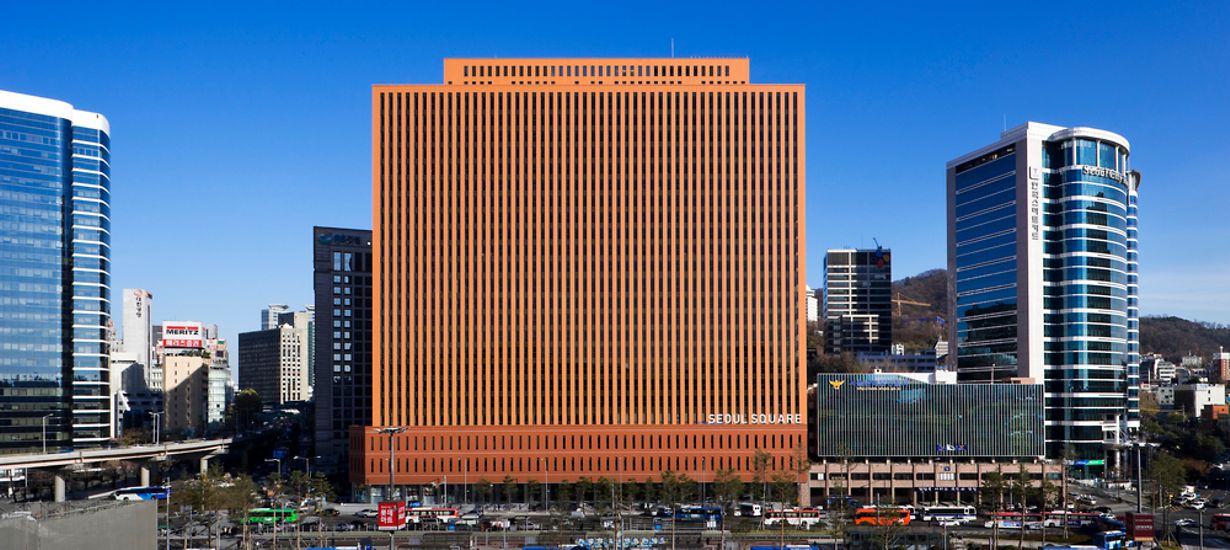diplo.news
Chancellor's inaugural visit to Turkey: Trade, Armaments, Migration, Gaza

Federal Chancellor Friedrich Merz (CDU) wants to meet President Recep Tayyip Erdogan on his inaugural visit to Turkey tomorrow, Thursday. It is likely to be one of the most important trips in the Chancellor's first year in office. Turkey has played an important role as a mediator both in the Gaza conflict and in the Russia-Ukraine was in recent years. The country is also an important partner on the southeast flank of NATO. For Turkey, Germany is the most important trading partner within the EU and a significant investor. Of the 220 billion dollars in trade volume with the EU, Germany accounted for 50 billion dollars and is expected to account for 60 billion dollars in the future, emphasised the Turkish ambassador in Berlin, Gökhan Turan, at a reception on the occasion of the national holiday at the embassy on Monday evening in the Tiergarten district of the capital.
Turan made it clear which issues would be at the forefront of Turkey's agenda during Chancellor Merz's first visit to Ankara: security, migration and the economy – especially cooperation in the defence industry, visa liberalisation and updating the customs union with the EU. In the field of armaments, Turkey has “strong capabilities and capacities,” said Turan. This includes Bayraktar drones, which have become an export hit and which Ankara wants to sell more of. Turkey would also like to benefit from the 150 billion euro EU SAFE armaments program.
The modernisation of the customs union concerns an agreement concluded in 1995, which so far essentially only covers industrial goods and does not contain any dispute settlement mechanisms. Turkey would like to extend it to services. Years of negotiations have so far failed to produce any results. Ankara expects Germany's support in this, said Turan in his speech. The Ambassador, who spent part of his school years in Duisburg, also emphasized Turkey's interest in moving closer to the EU. “Turkey is part of the European family.” As part of the EU Accession Process, Turkey is determined to implement its goals.
However, a German government spokesperson reiterated Germany's position on Turkey's accession into the EU last Friday: “The position remains unchanged. As you know, the accession negotiations are on hold.” Berlin recognises Turkey's importance as a strategically important partner and candidate for accession. Turkey has been an official candidate for membership since 1999, and negotiations have been frozen since 2018 - primarily due to a lack of the rule of law and the suppression of the opposition. A new arrest warrant has just been issued against Erdogan competitor Ekrem Imamoglu, who has been imprisoned for months, on charges of espionage.
However, it is questionable whether this will play a role in the talks between Merz and Erdogan. According to the Federal Foreign Office, the meeting will address bilateral and foreign policy issues, closer cooperation in the economy, migration and security. The possible revival of the EU-Turkey migration agreement is also likely to be discussed.
Turkey and Germany are strategic partners, said Ambassador Turan at the reception in Berlin. Both countries are committed to peace, stability and prosperity, as well as to a permanent end to the war in Gaza and "an order based on humanitarian values in a wide geographical region stretching from Syria to Ukraine". On the latter issue, Merz is likely to speak out in favour of more pressure on Russia in talks with Erdogan. Although the country has supported Ukraine since the start of the war, including drone deliveries, Turkey still obtains large quantities of oil and gas from Russia.
The occasion for the embassy event last Monday evening was the 102nd anniversary of the proclamation of the Turkish Republic. It was the first national holiday reception hosted by the new Turkish ambassador in Berlin, who took office in January this year.
ekö, gd




